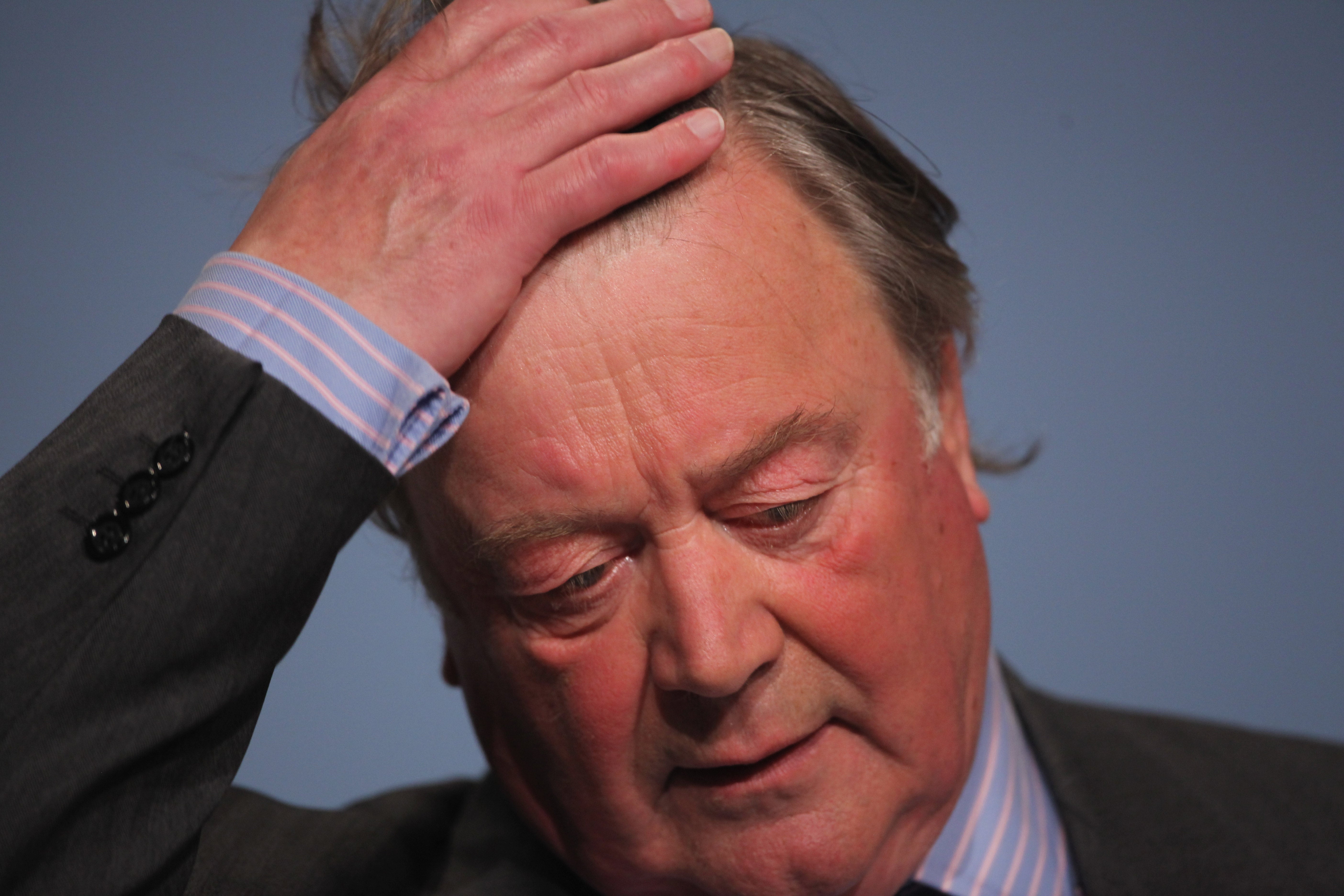The Top 10 candidates who came last in Tory leadership elections
There have been 10 contested elections for the leadership of the Conservative Party since it adopted democracy in 1965


Your support helps us to tell the story
From reproductive rights to climate change to Big Tech, The Independent is on the ground when the story is developing. Whether it's investigating the financials of Elon Musk's pro-Trump PAC or producing our latest documentary, 'The A Word', which shines a light on the American women fighting for reproductive rights, we know how important it is to parse out the facts from the messaging.
At such a critical moment in US history, we need reporters on the ground. Your donation allows us to keep sending journalists to speak to both sides of the story.
The Independent is trusted by Americans across the entire political spectrum. And unlike many other quality news outlets, we choose not to lock Americans out of our reporting and analysis with paywalls. We believe quality journalism should be available to everyone, paid for by those who can afford it.
Your support makes all the difference.Someone has to do less well than all the others.
1965: Enoch Powell, shadow defence secretary, 15 votes, 5 per cent of the total. Ted Heath, shadow chancellor, beat the other candidate, Reginald Maudling, shadow foreign secretary. Powell’s poor showing emboldened Heath to sack him from the shadow cabinet three years later for his “Rivers of Blood” speech.
1975: Hugh Fraser, former secretary of state for air, 16 votes, 6 per cent. Margaret Thatcher, shadow environment secretary, beat Heath in the first ballot, and then William Whitelaw, Geoffrey Howe and Jim Prior in the second after Heath withdrew.
1989: Sir Anthony Meyer, backbencher, third baronet, 33 votes, 10 per cent. Thatcher defeated the pro-EC protest candidate by an overwhelming margin, but another 27 MPs abstained and she seemed mortal for the first time. He was deselected for his disloyalty, joined an outfit called the Pro-Euro Conservative Party set up in 1999 by former Tory MEPs, and later the Liberal Democrats.
1990: Douglas Hurd, foreign secretary, 56 votes, 15 per cent. Entered the second round after Thatcher failed to beat Michael Heseltine by the required 15 per cent margin; Thatcher withdrew and John Major defeated Heseltine.
1995: John Redwood, Welsh secretary, 89 votes, 27 per cent. Back me or sack me, said John Major, fed up with Eurosceptic carping. Michael Portillo, defence secretary, was too frit to stand, so Redwood did it instead. His slogan was “No change, no chance”, which was true, but Tory MPs decided that change meant no chance too, so they stuck with Major.
1997: Michael Howard, shadow home secretary, 23 votes, 14 per cent. Came fifth after William Hague reneged on a deal to back him and ran himself, beating Ken Clarke, Redwood and Peter Lilley.
2001: Michael Ancram, Conservative Party chair, 17 votes, 10 per cent. After a tie for fourth place with David Davis, neither candidate would back down, so the ballot was run again, Davis edging it by one vote. Both candidates then withdrew; in the final round, Portillo lost out by a single vote, and Iain Duncan Smith and Ken Clarke went to a members’ ballot for the first time.
To keep up to speed with all the latest opinions and comment, sign up to our free weekly Voices Dispatches newsletter by clicking here
2005: Ken Clarke, former chancellor, 38 votes, 19 per cent. Came fourth and last at the third time of trying, with David Cameron and Davis going through to the members’ ballot ahead of Liam Fox.
2016: Liam Fox, former defence secretary, 16 votes, 5 per cent. Theresa May was declared the winner after Andrea Leadsom withdrew from the members’ ballot. I think Michael Gove, who came third, should have taken her place but May would probably have won anyway. Boris Johnson had withdrawn before the first ballot.
2019: Esther McVey, former work and pensions secretary, 9 votes, 3 per cent. She came last in a field of 10 candidates, and was eliminated along with Mark Harper and Leadsom, who also failed to make the new threshold of 17 votes required to stay in the contest.
No one came last in the 2003 Conservative leadership election, not in the list, because Michael Howard was elected unopposed, which was the fashion in those days and copied by the Labour Party in 2007.
Next week: Most underrated children’s books.
Coming soon: Political careers that ended in success (without being “cut off midstream at a happy juncture”), contradicting Enoch Powell’s maxim.
Your suggestions please, and ideas for future Top 10s, to me on Twitter, or by email to top10@independent.co.uk
Join our commenting forum
Join thought-provoking conversations, follow other Independent readers and see their replies
Comments